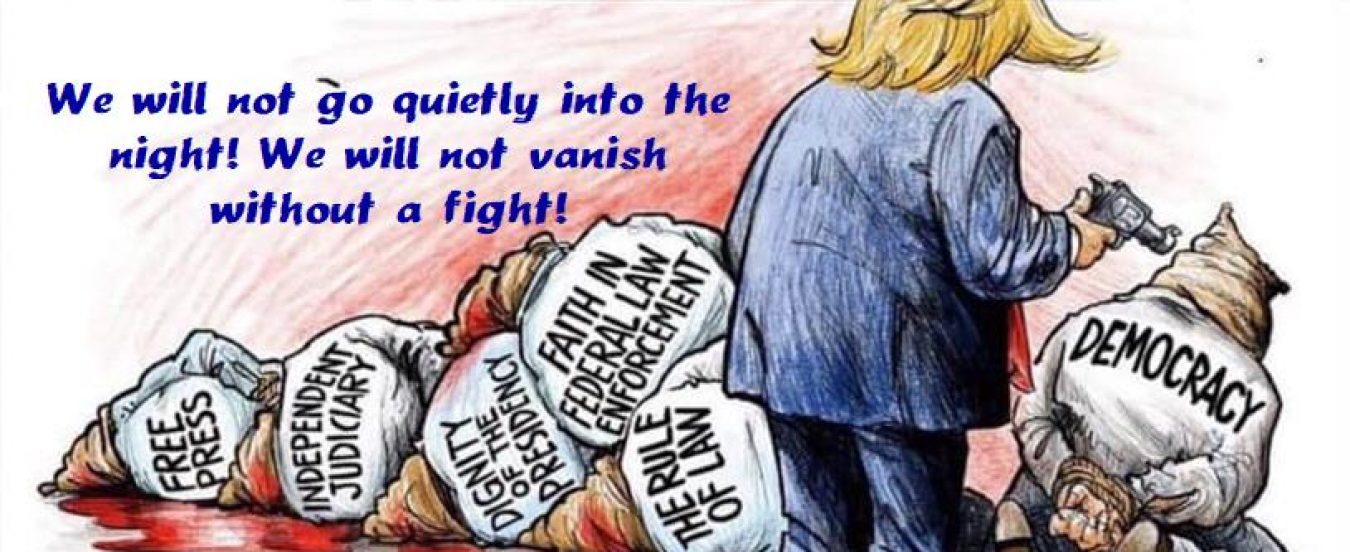In the May, 2018, issue of The Atlantic, Matthew Stewart published an essay on what he called the New Aristocracy. What he was speculating on has now become front page news via the college admission cheating scandal.
An opponent of corporate socialism, crony capitalism and all self-anointed elites, I was pleased to see someone as astute as Stewart addressing economics from a scenic turnout similar to my own.
One of his main points was the “familiar story about rising inequality in the United States, and its stock characters” is well-known: “The villains are the fossil-fueled plutocrat, the Wall Street fat cat, the callow tech bro, and the rest of the so-called top 1 percent. The good guys are the 99 percent, otherwise known as ‘the people’ or ‘the middle class.’ The arc of the narrative is simple: Once we were equal, but now we are divided. The story has a grain of truth to it. But it gets the characters and the plot wrong in basic ways.”
Stewart pointed out that, yes, the wealthiest 0.1 percent of the population “have the kind of money that can buy an election.” But, he added, that it is the complacent complicity of the next 9.9 percent of the country, snug in what they see as a prosperity of their own meritocratic making, who enable the overlords.
“Every piece of the pie picked up by the 0.1 percent, in relative terms, had to come from the people below,” Stewart wrote. “But not everyone in the 99.9 percent gave up a slice. Only those in the bottom 90 percent did. At their peak, in the mid-1980s, people in this group held 35 percent of the nation’s wealth. Three decades later that had fallen 12 points—exactly as much as the wealth of the 0.1 percent rose.”
Between the richest and the poorest is that comfy, cozy 9.9 percent, jealously guarding its standing against any trespassers.
“So what kind of characters are we, the 9.9 percent?” Stewart (an admitted member) asked. “We are mostly not like those flamboyant political manipulators from the 0.1 percent. We’re a well-behaved, flannel-suited crowd of lawyers, doctors, dentists, mid-level investment bankers, MBAs with opaque job titles, and assorted other professionals—the kind of people you might invite to dinner. In fact, we’re so self-effacing, we deny our own existence. We keep insisting that we’re ‘middle class.’”
This “meritocratic class has mastered the old trick of consolidating wealth and passing privilege along at the expense of other people’s children. We are not innocent bystanders to the growing concentration of wealth in our time. We are the principal accomplices in a process that is slowly strangling the economy, destabilizing American politics, and eroding democracy.
Stewart’s observations on “our delusions of merit” became all-too obvious recently when the college admission cheating scandal broke. “Good parents,” wealthy, but not the wealthiest, looking out for the well-being of their children, were willing to cheat, lie and buy their offspring entrance into some of the nation’s better schools, the true merits of those whose places they stole be damned.
But, Stewart, perhaps because of the class he assigns himself, does not examine the 90 percent except as victims.
Just as the robber barons have the “meritocracy” to support them, the new aristocrats are buoyed by their own wannabes. These people are so afraid to lose their “standing” in society that they continually vote against their own economic interests. Say, Oklahoma retirees supporting the party that openly campaigns to destroy Social Security and Medicare.
Or the entire notion of “working class Republicans.”
The Daily Kos reported last month that, “When adjusted for inflation, wages and weekly earnings for most workers are lower than 50 years ago.”
I spent some time in a Texas plantation county, where all business interests were rigged to benefit one family and its hangers-on. Everyone knew it. (It was impolite to point out the shafting the rest of us were getting.) The most important thing for the hangers-on was to get invited to one special party each year. None of their actions could jeopardize that invitation.
When people point out the economic discrepancies between those doing the work and those reaping the profits, the moneyed elite claim the critics are “trying to start a class war.”
It’s a diversionary tactic. The class war rages. The robber barons and the new aristocrats are winning, and they like it that way.
(Duncan resident Gary Edmondson is Stephens County Democratic Party Chair.)
